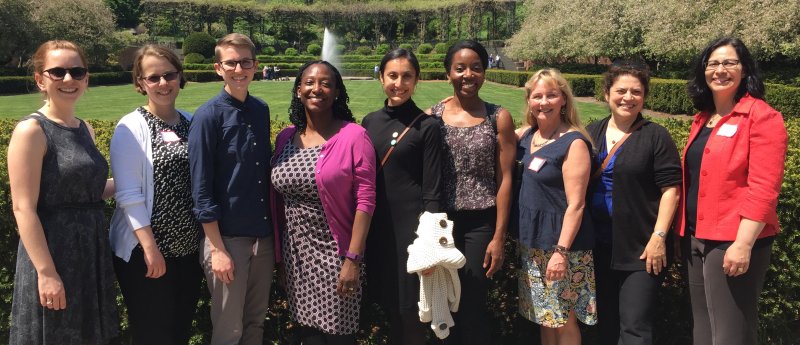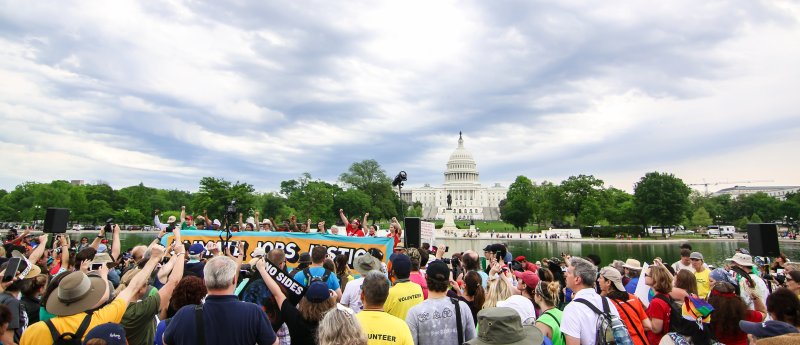 Research into Action
Research into Action
-
 Research into ActionUnderstanding the policy levers needed to build a Culture of Health
Research into ActionUnderstanding the policy levers needed to build a Culture of HealthStarting this month, nine new P4A research teams will embark on projects to illuminate how policies and laws (at the local, state, and national levels, and in the private sector) can help improve population health, well-being, and equity. With topics including paid family leave laws, substance use interventions, and vaccine exemptions, our newly funded research projects represent truly innovative thinking on some of the most urgent issues of our time.
October 30, 2017
|P4A Spark
| -
 Turning research into actionFlipping the research fellowship: Direct engagement improves practices and builds knowledge
Turning research into actionFlipping the research fellowship: Direct engagement improves practices and builds knowledgeManmeet Kaur, executive director and founder of the Harlem-based community health organization City Health Works, is the inaugural recipient of the Janice Nittoli Practitioner Fellowship. Funded by the Rockefeller Foundation, the Nittoli Fellowship is awarded to innovative, entrepreneurial practitioners working in communities to address inequalities and is open to applications.
October 10, 2017
|P4A Spark
| -
Research into ActionAs Scientists Take to Twitter, Visual Abstracts Help Results Reach More People
Twitter has emerged as a key tool for scientists — and for the journals in which they publish their findings — to share new research with the world. A new study shows a way for that research to reach even more people, spreading new ideas and findings further.
July 7, 2017
|P4A Spark
| -
 Turning research into actionTurning research into action: Promoting your work in a policy environment
Turning research into actionTurning research into action: Promoting your work in a policy environmentBy law, private foundations like the Robert Wood Johnson Foundation (RWJF) are prohibited from lobbying or financially supporting any lobbying efforts of its staff, grantees, or other partners. But as researchers working on high-profile policy issues, it is not always clear if our activities could be considered lobbying.
June 19, 2017
|P4A Spark
| -
 Turning research into actionTurning research into action: A dialogue with decision-makers (PART ONE)
Turning research into actionTurning research into action: A dialogue with decision-makers (PART ONE)A lack of a shared language is one barrier to turning research into action, but it’s not the only one. A few weeks ago, we sat down with a group of local decision-makers to find out how we, as researchers, can more effectively ensure that our research contributes to real-world improvements in population health, well-being, and equity.
May 16, 2017
|P4A Spark
| -
 Turning research into actionTurning research into action: A dialogue with decision-makers (PART TWO)
Turning research into actionTurning research into action: A dialogue with decision-makers (PART TWO)A few weeks ago, we sat down with a group of local decision-makers to find out how they think about and use research, and what facilitates or hampers acting on research to develop evidence-based policies. In part two of this series, we’ll share some of their advice for communicating and disseminating your work to non-researchers more effectively.
May 15, 2017
|P4A Spark
| -
Research into ActionRace, Felon Voting Privilege, Fines/Fees, and Recidivism: The Miami-Dade Experience
This project evaluates the effects of the passing of Amendment 4 in Florida, which was designed to restore the voting rights of Floridians with felony convictions after completing all terms of their sentence, including a requirement that people with felony records pay all fines and fees associated with their sentence prior to the restoration of their voting rights.
September 1, 2021
|